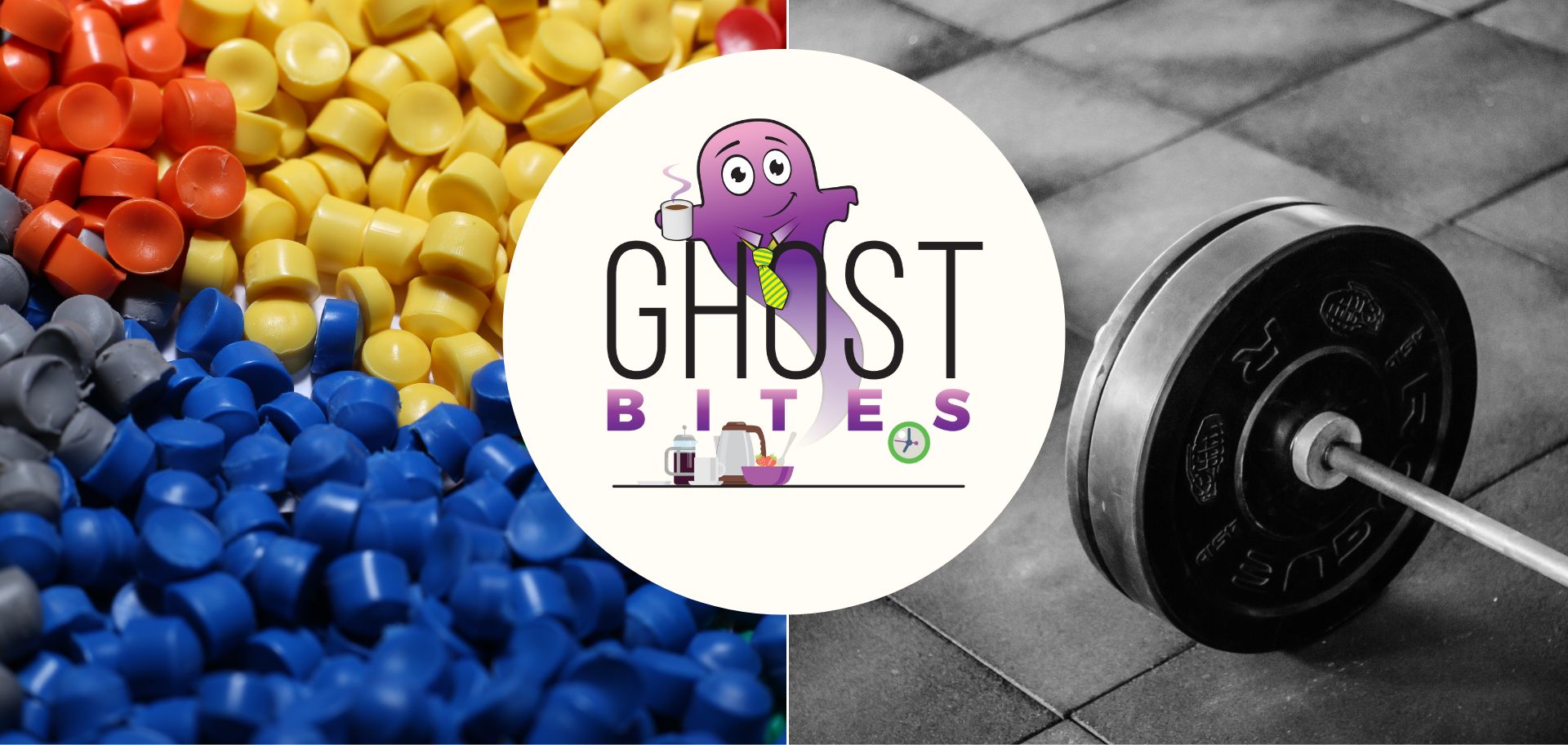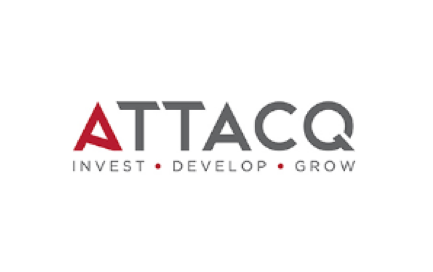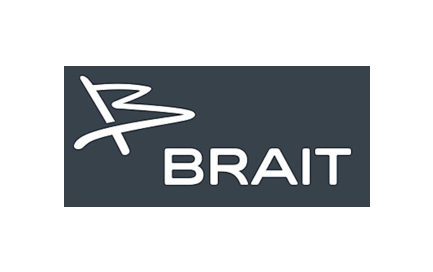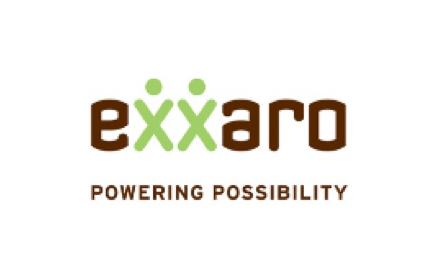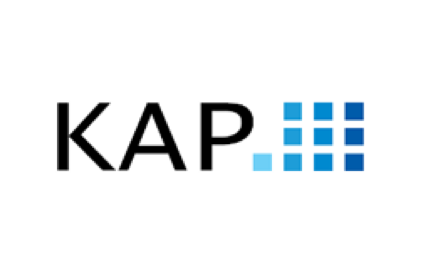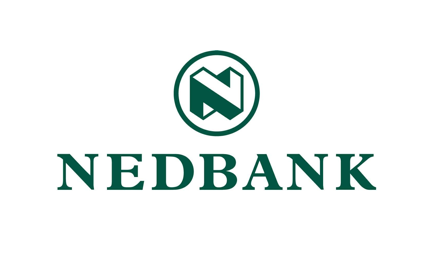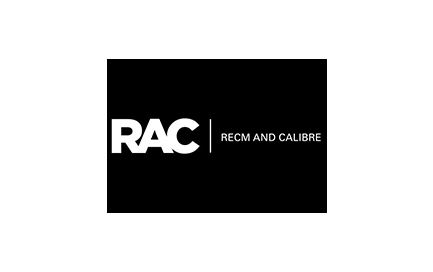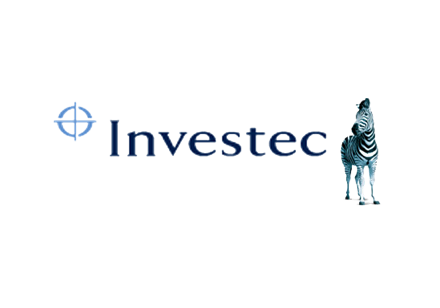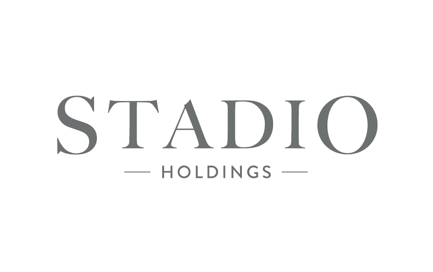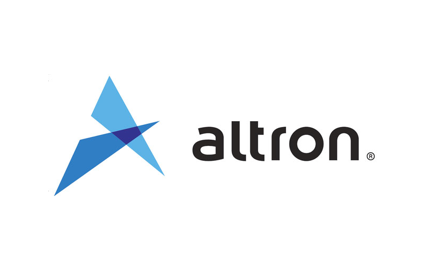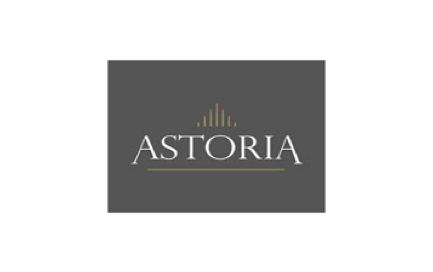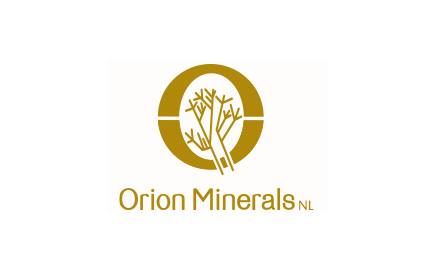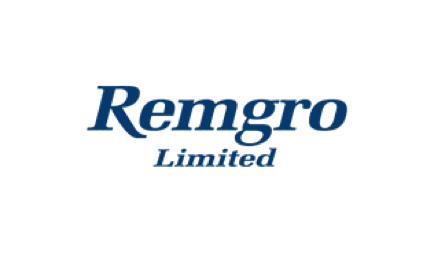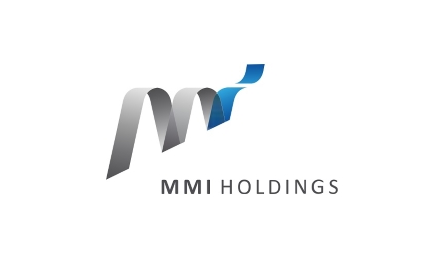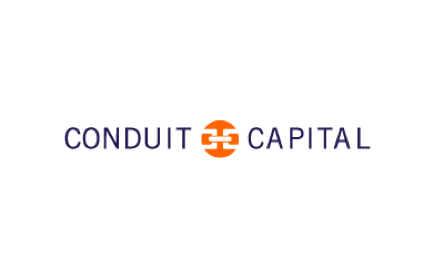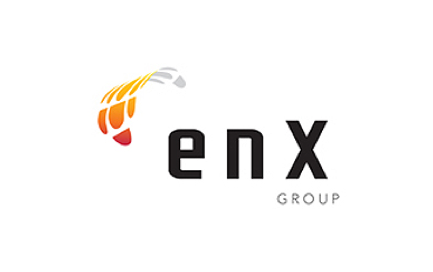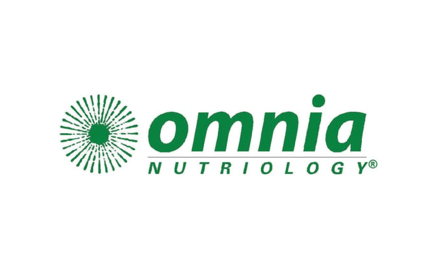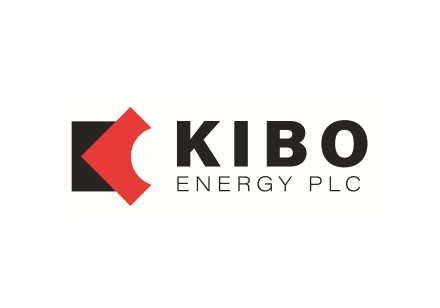Get the latest recap of JSE news in the Ghost Wrap podcast, brought to you by Mazars:
Attacq gives the market a pre-close update (JSE: ATT)
Guidance for growth in distributable income per share is unchanged
Attacq has released a pre-close update that is filled with useful information about how the portfolio is performing. To read the entire presentation, you’ll find it here. It includes some helpful case studies on how they use active asset management techniques to increase the values of properties.
Perhaps the most important news is that the guidance for distributable income per share growth is unchanged at between 10% and 12.5%. The dividend payout ratio is expected to be 80%. Overall, things are going well in the portfolio.
The retail-experience hubs (which the rest of us just call shopping malls) experienced an improvement in the occupancy rate from 95.9% as at June 2023 to 96.1% as at May 2024. The exposure to Pick n Pay across the portfolio is 2.7% of rental income, which equates to 1.3% of Attacq group rental income. All leases are with corporate stores rather than franchise stores and at this stage, it doesn’t look like any changes will be made to the space in the leases. Trading density in the overall portfolio (sales per square metre) increased by 4.6% to R3,999/sqm.
The collaboration hubs (offices to the rest of us plebs) saw occupancies increase from 83.9% to 86.5%. That’s still not great but at least it’s trending in the right direction.
The logistics hubs (thank goodness for an easy name) reported a drop in occupancy from 100% to 94.1%. These properties tend to have few tenants occupying large spaces, so the timing of literally one lease can have quite an impact on occupancy levels.
There’s still a lot of development underway in the portfolio, including the Ellipse Waterfall residential development. They have already sold 90.9% of the units. They did need to reconfigure phase 3 though to move from larger units into more 1-bed and 2-bed units to improve saleability. The residential property game isn’t easy. Just read a Balwin update if you don’t believe me.
In Rest of Africa, discussions with Actis regarding the disposal of 50% of Gruppo have been terminated. We know this from Hyprop, which sits alongside Attacq in Ikeja City Mall. There’s a discussion to dispose of Ghana and Nigeria to a single suitor.
Attacq’s gearing ratio is 25.4% and gross interest bearing debt has reduced slightly R5.78 billion. The weighted average cost of debt is 10%.
Overall, things are looking good at Attacq.
Brait needs time to exit its portfolio (JSE: BAT)
At R50m a year in fees, the management company won’t complain of course
Brait owns Virgin Active, a stake in Premier (now separately listed) and New Look, a UK retailer. Eventually, Brait is looking to offload these stakes and return capital to shareholders. In the meantime, there are large management fees, a highly painful rights offer and all the other usual joys to deal with for Brait investors.
It’s easy to point to the five-year share price performance of -96% and blame COVID. Fair enough – nobody saw that coming and gyms were absolutely brutalised by it. But over 3 years, the share price is down 71%. That’s a lot harder to justify.
Speaking of Virgin Active, Brait’s results for the year ended March reflect annualised run rate EBITDA for the health club group of £80 million, up from £33 million a year ago. Take careful note of the currency there. Yes, Virgin Active is far bigger than just South Africa. In fact, Southern Africa is 34% of group revenue, with the next largest being Italy (28%) and the UK (24%). Asia Pacific is also meaningful at 14%. Recent membership growth looks decent across the board as people return to offices and thus to gyms.
Premier is separately listed now so the performance is already known to the market. The group is doing very nicely indeed, with results for the year showing 19% EBITDA growth and a decrease in leverage, along with the declaration of a maiden dividend. Brait will justify hanging onto this asset for as long as possible, I assure you.
New Look is only 7% of Brait’s total assets and that’s just as well, as revenue declined by 8.8% in the past year. Despite this, Brait managed to increase the value of New Look in the Brait balance sheet by lifting the valuation multiple from 5.0x to 6.5x. You can think for yourself whether that sounds logical.
With Virgin Active needing to recover further before Brait is prepared to sell that asset, despite Brait’s apparent approach of increasing valuation multiples when companies go backwards, the group has taken steps to recapitalise the balance sheet (yes, a painful rights offer) and extend the maturity date for the exchangeable bonds.
And of course, The Rohatyn Group will keep earning a R50 million annual advisory fee for the pleasure of all this, along with a new incentive mechanism capped at R50 million based on sharing in increases in Brait’s market cap.
Perhaps the exercise bicycles at Virgin Active should have a pre-set gradient profile based on the Brait share price? Looks like a proper workout to me:

Exxaro saw reduced demand from Eskom (JSE: EXX)
Production as a whole is well down on the end of 2023
Exxaro released a pre-close message dealing with the six months to June 2024. Average benchmark coal and iron ore prices are down vs. the second half of 2023, which is never great news for a commodities business.
Total coal production is down 14% and sales volumes are down 12% vs. 2H’23, with reduced demand from Eskom at Grootgeluk as a major driver. It seems as though this was more of a first quarter issue, with improvements in the second quarter.
It does help cash flow that capex for the six months should be 33% lower, with reduced sustaining capex at Grootgeluk.
Exxaro’s balance sheet remains strong, so the income statement is unlikely to tell a happy story for this period but the overall financial position isn’t a concern.
Interim results are due for release around 15 August.
KAP continues to get klapped by Safripol (JSE: KAP)
When the most important division is hurting, nobody is smiling
KAP is a good example of how a group can be diversified across a number of businesses, yet heavily impacted by just one of them. Even diversified groups are very rarely an even split across the underlying operations. In KAP’s case, the problem child is Safripol and the state of play in the polymer industry.
Although five out of six divisions improved their performance for the 11 months to May 2023, this was more than offset by the negative move at Safripol. This is why HEPS is not expected to differ by 20% or more from the prior period, despite the weak base. EPS will improve sharply because of the impairment of Unitrans in the base period. Remember, HEPS isn’t affected by impairments.
We may as well start with Safripol, where weak domestic and export margins are a major issue. Although domestic sales volumes increased, export volumes were down because of the weak margins. The cyclical downturn in the polymers sector on a global basis is really impacting this business.
In some good news at least, PG Bison’s new R2 billion MDF line in Mkhondo was completed almost a month ahead of schedule after three years of construction. The group has invested a fortune in this initiative and is no doubt excited to show investors why. Other good news is that the appointment of a new CEO at Unitrans and a “rationalisation” of the executive committee (i.e. major changes) have resulted in improved performance.
Over at Feltex, new vehicle assembly volumes and price adjustments supported a “pleasing” performance – words that KAP hasn’t been able to say about Feltex in a while. There’s also a positive story at Restonic, with market share gains, production efficiencies and cost savings.
And at Optix, subscriber numbers increased and the order book and sales pipeline remained positive.
Net debt at the end of this financial year should be in line with the prior period. For balance sheet flexibility, KAP has raised a R3 billion revolving credit facility. This will refinance pending maturities and give them flexibility to pay down debt after the commissioning of major projects.
You won’t find too many share prices that can trade in such stubborn ranges for extended periods, clearly inspired by natural beauties like table mountain:

Nedbank updates the market once more (JSE: NED)
Shareholders certainly can’t claim that they aren’t being kept informed
Not even a month after releasing a voluntary trading update dealing with the first four months of the year, Nedbank has now gone the route of a pre-close update that focuses on the first five months, with expectations for performance going forward.
I love disclosure by companies, so by all means keep it coming Nedbank!
The challenging levels of economic activity in the four month period extended into May, with consumers under pressure and slow growth in credit and transactional revenue. Unsurprisingly, the bank has pointed to the formation of the GNU and the improved investor confidence as a result, which should trickle down into the economy.
Over five months, headline earnings growth is expected to be around mid-single digits. Expense management has helped here, as top-line growth has been subdued.
Net interest income (NII) growth was below mid-single digits, with particularly slow growth in loans in Corporate and Investment Banking (CIB). This doesn’t surprise me at all, as corporates sit on their hands just before elections. Net interest margin is down slightly from FY23 levels. Although management expected growth in NII above mid-single digits, they have now tempered those expectations to below mid-single digits for the interim and full year period.
Looking at impairments, the credit loss ratio has improved but remains above the through-the-cycle target range of 60 to 100 basis points. They expect to be within range for the full year. Nedbank Wealth is below the target range and CIB is within its target. The elevated ratio is because of the Retail and Business Banking (RBB) book, which is above its target range of 120 to 175 basis points. Yes, the different divisions have different target ranges as they take on different risks (and price them accordingly).
Non-interest revenue (NIR) growth was also below mid-single digits, impacted by insurance income that fell year-on-year. This was driven by a more cautious approach in personal loans, which earn both NII as well as insurance premiums on related credit life products. Guidance for NIR growth of above mid-single digits remains in place for the interim and full year periods.
Associate income related to the investment in ETI will be down roughly 31% for the half year, driven by a non-recurring benefit in the base period. There’s no change to expectations here vs. when the four-month numbers were released.
Expense growth is above mid-single digits, with an expectation of expense growth of mid-to-upper single digits for the half year and full year. That’s a concern based on revenue growth, as banks don’t want to be in a negative jaws position (where margins go backwards).
Headline earnings growth has slowed from H2’24 but is still expected to be positive from what I can see. Importantly, return on equity (ROE) – the key metric for banks – has increased vs. the comparable period.
Results for the interim period are due for release on 6 August.
At RECM and Calibre, Goldrush will hope that load shedding stays away (JSE: RACP)
The gaming business suffers when there’s no electricity
Over 96% of the total assets at RECM and Calibre can be attributed to the 59.4% stake in Goldrush, so that’s clearly where the focus of the group is. The year ended March 2024 was difficult, as parts of it were hit by terrible levels of load shedding.
Although gaming revenue was up 7% for the year (with all four divisions seeing revenue increases), EBITDA (before IFRS 16) was down 2%. Keeping the lights on is expensive – literally. Diesel costs were a major drag here, along with general cost pressures.
Profit after tax fell by 28%, yet the dividend from Goldrush was 20% higher than the prior year. To help you understand the payout ratio, after-tax profit was R97 million and the dividend was R60 million.
Goldrush has been focused on optimising the footprint, with the total number of active gaming positions down by 2.5% at year-end as some limited payout machines (LPMs) were out of commission while being redeployed to more profitable locations.
The major change going forward is that RECM and Calibre will no longer be using investment entity accounting going forward. Recognising that Goldrush is the permanent asset in the group, they will instead switch to publishing consolidated accounts.
Little Bites:
- Director dealings:
- Sales by Investec (JSE: INL | JSE: INP) executives are common in the market, as they incentivise key staff members with strong share-based awards. To give you an idea, two executives sold shares for a combined total of over R27 million.
- A director of a major subsidiary of Stadio (JSE: SDO) sold shares worth R990k.
- A director of a major subsidiary of Altron (JSE: AEL) received shares worth R595k in a share-based award and sold the whole lot.
- An associate of a director of Astoria Investments (JSE: ARA) bought shares in the company worth R246k.
- A director of Copper 360 (JSE: CPR) acquired shares worth R71k.
- Watch out for an important announcement by Orion Minerals (JSE: ORN) this week, as the company has requested a trading halt (this is an Australian thing as the primary listing is there and regulated by those rules). This is because they expect to make a material announcement in relation to a proposed capital raising. The halt is until the commencement of trade on 27 June or whenever the announcement is made, whichever is earlier.
- Remgro (JSE: REM) has sold all its remaining shares in Momentum Metropolitan (JSE: MTM).
- Despite the Prudential Authority saying no to Conduit Capital’s (JSE: CND) sale of CRIH and CLL to TMM Holdings, the parties are persevering. TMM is engaging with the Prudential Authority to appeal the decision. In the meantime, the parties have extended the fulfilment date for the conditions to 31 January 2025. TMM has even agreed to pay for R500k worth of CLL’s costs each month from July, with that contribution to be set off against the eventual purchase price. They really want this deal to work.
- enX (JSE: ENX) announced that the special distribution of R5.00 per share will be paid on 8th July.
- Omnia (JSE: OMN) announced that its special dividend of R3.25 per share has now been approved by the SARB.
- I wish I was surprised that Kibo Energy (JSE: KBO) will miss the deadline for publication of its financial results for the year ended December 2023. They are due by 30 June and in reality they will only be done by August. Trading in the shares will be suspended from 1 July as a result. This partially impacts the placing of shares that was recently announced, which will happen in two tranches. The first is on 27 June and the second is once the suspension is lifted.

